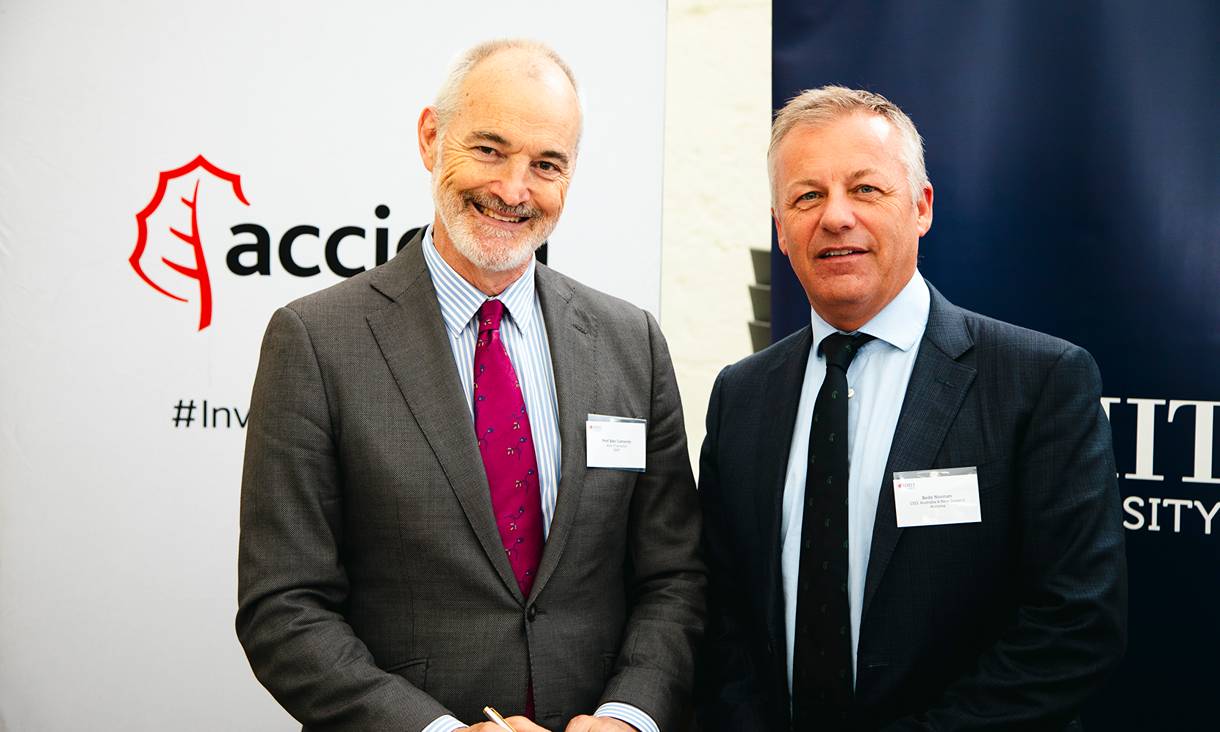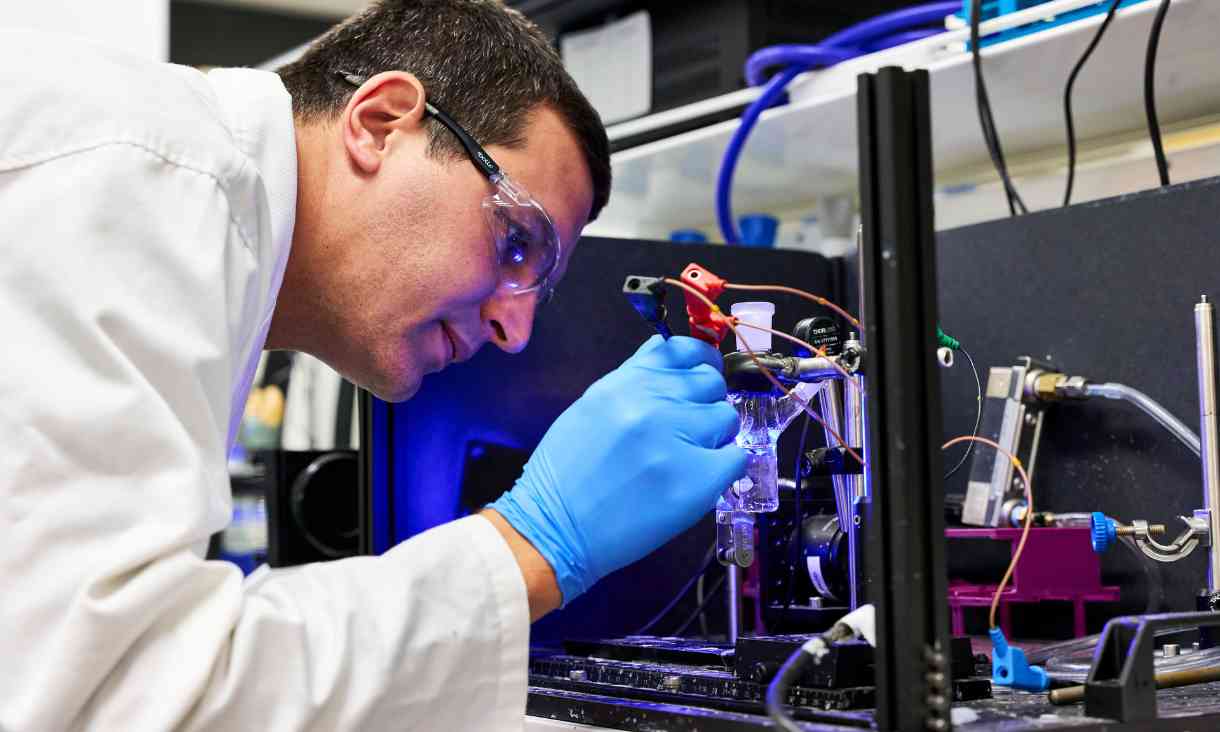Using digital technologies to improve business operations
Joan Guasch Corominas, Director of International Development and Public Programmes at Eurecat, shared examples of SMEs that have successfully used digital technologies during the pandemic.
"We've identified that during the pandemic, there have been many developments, not very disruptive, but differential in innovation," he said.
"We've seen a lot of interest from industry when it comes to augmented and contactless realities to avoid human contact and virus transmission."
According to Guasch, regional government market analysis showed that during the pandemic 84 per cent of SMEs looked to expand to international markets, 69 per cent of SMEs implemented technologies necessary for working remotely and almost 30 per cent started developing new products and services with embedded digital technologies.
"One example of a local company successfully incorporating digital technologies has been a small winery that added a sensor to the label of its bottles to be able to monitor the humidity and the temperature during the life of the product," he said.
"From an app, customers can check the properties of the bottle to ensure optimal conditions at the time of consumption; it also has benefits in terms of transport and other logistic aspects."
Shift in customer experience and sentiment
Virginia Lin, Business Director – UK, Europe and MENA for consultancy BrandsEye, said that the global pandemic has had a significant impact on the ability of businesses to provide products and services to customers.
"Studies conducted using public Twitter data showed that changes in supply chains due to COVID-19 impacted customer satisfaction," she said.
"Customers became increasingly sensitive to pricing, stock levels, product choices and origins of products.
“Retailers in particular were criticised for not providing adequate protection for staff and customers when shopping in store while initiatives geared towards employee wellbeing had a positive impact on customer sentiment and brand reputation.
"Consumers have become very conscious of personal hygiene and wellbeing, so brands need to continue to provide security and comfort in the customer experience for both customers and employees.”
Lin, who is also an RMIT alumnus, concluded with some key lessons that SMEs can utilise from these studies.
“SMEs should understand and act quickly on customer needs across all channels traditional and digital, adopt digital tools to improve customer service and the customer experience across all journey points, use public data to research competitors and identify market gaps, as well as to communicate clearly with customers when there have been any issues or changes that could impact service delivery,” she said.
“Lastly SMEs should not forget that looking after their employees translates to happier customers.”
Story: Patricia Lora





